-
#523 – The Tunnel (1935)
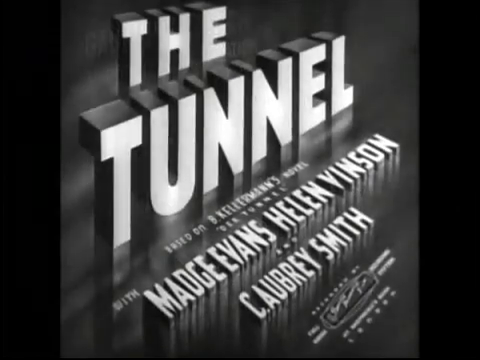
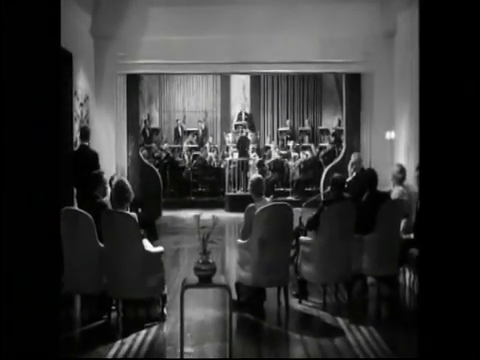
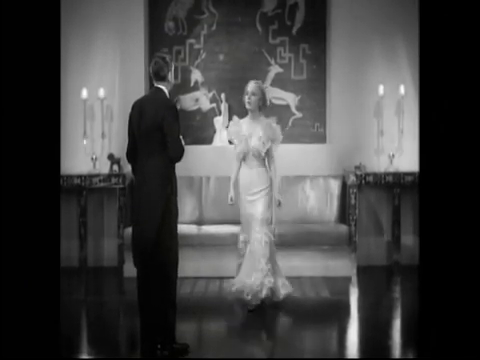
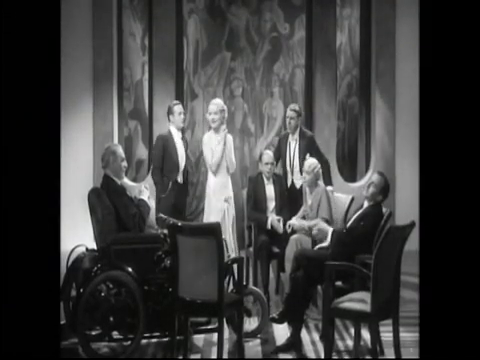
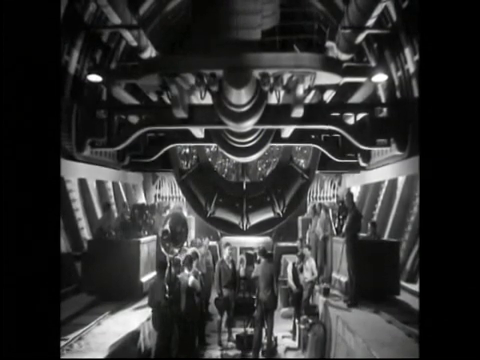
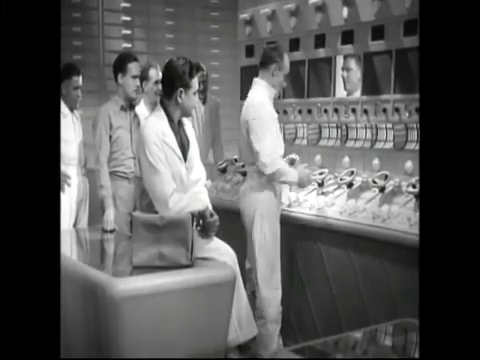
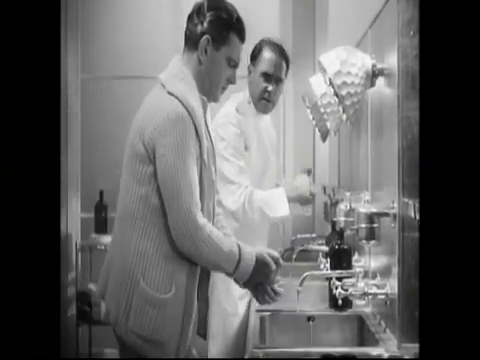
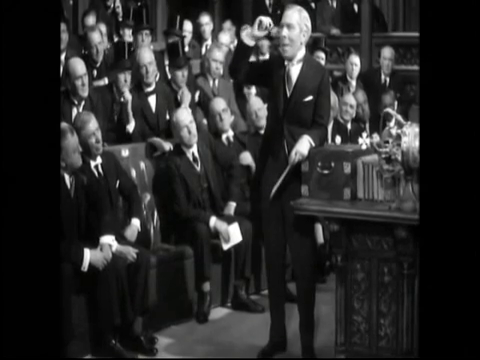
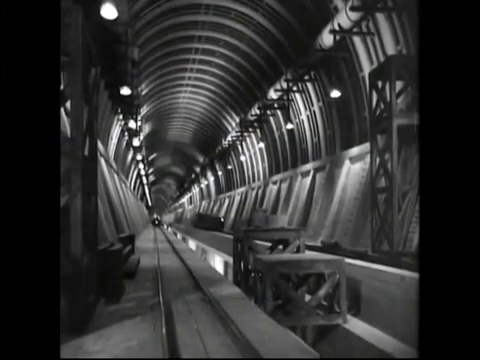
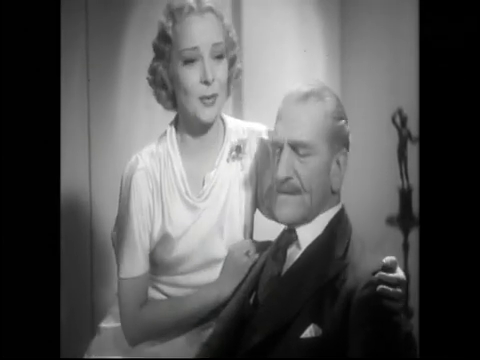
The Tunnel (1935)
Film review #523
Director: Maurice Elvey
SYNOPSIS: Richard McAllan is an engineer who has a dream to build a tunnel between England and the United States. He convinces a group of billionaires including Lloyd, the world’s richest man, to fund the project, but there are many other problems that present themselves on the way to the projects completion, both in terms of McAllan’s private life, and those looking to profit from the tunnel’s failure…
THOUGHTS/ANALYSIS: The Tunnel (released as Transatlantic Tunnel in the U.S.) is a 1935 science-fiction film based on the novel Der Tunnel by Bernhard Kellermann. The film opens up with an orchestra performing for a select group of billionaires at the home of Lloyd, the richest man in the world. Engineer Richard McAllan is also there, to propose the construction of a tunnel underneath the Atlantic Ocean, connecting England and the United States. After much persuading, he manages to get their support, and work on the most ambitious project in human history begins. The plot of the film goes through all the drama and problems that would be associated with such a project, and splits its time between looking at the tunnel itself and the logistical problems, and also how the project impacts McAllan and his relationships with those around him. The balance between the two is well executed, and everything flows and connects nicely. There are a few changes from the novel and the 1915 film version, but they are mostly minor. The setting seems to be a near-future setting, where the Channel Tunnel was completed in 1940, so it’s a different vision of the future rather than what was actually happening in 1940 in Europe.
The tone of the film is very uplifting and optimistic, and McAllan is presented as an idealist who wants to use this project to change the world for the better. We also see political leaders in the U.S. and U.K. similarly making speeches in the U.K. parliament and U.S. congress to this effect. The film stands out in two respects: First, the acting is pretty good for the era, and the emotional scenes are delivered very well. The dated romance stuff and traditional roles still feel dated, but when the film needs to convey more raw emotion, it does so very convincingly; more so than any other film I’ve seen of the era. The cast isn’t too varied, but everyone has a specific role to play, and you get a good sense of what they’re there for.
The second stand out part of this film is the sets and design: you really get a sense of the tunnel’s massive scale in these large sets full of machinery, filled with crowds of men digging. The Tunnel is actually the third incarnation of the film released over two years, with the German and French versions released first, and the English version released after. Each version uses the same sets and mostly the same script, but changes the actors for the different languages (this was before dubbing was a thing). As such, the sets were probably meant to last. The English version also has a different director, which means it deviates a little more from the other two. Perhaps the big difference between the film and the novel is that the film presents a more evenly optimistic tone; and that the end justifies the struggle of the development of the tunnel. The novel focuses much more on the hardships though, and McAllan (Mac Allan in the original German) becomes a worldwide reviled figure. The ending is also a high note, marking the completion of the tunnel and new prosperity for “the English speaking world,” but we never see how this takes shape, but since the film is about the construction and completion of the tunnel, and dealing with it’s consequences would probably dilute that focus. The novel does look a little closer at the effects of the tunnel’s completion, but it’s not entirely optimistic: the tunnel is already shown to be updated (the completion of the tunnel takes a lot of years to finally complete, and by then, it had already become obsolete, as airplanes were now able to carry people across the Atlantic faster than travelling through the tunnel. With regards to this film version of The Tunnel, it has some very strong points in both the acting and the design, and really brings the story to life in this regard. Some parts are a bit predictable and rooted in the old-fashioned values of the day, but there’s enough to make it an interesting watch if you like the films of this era.